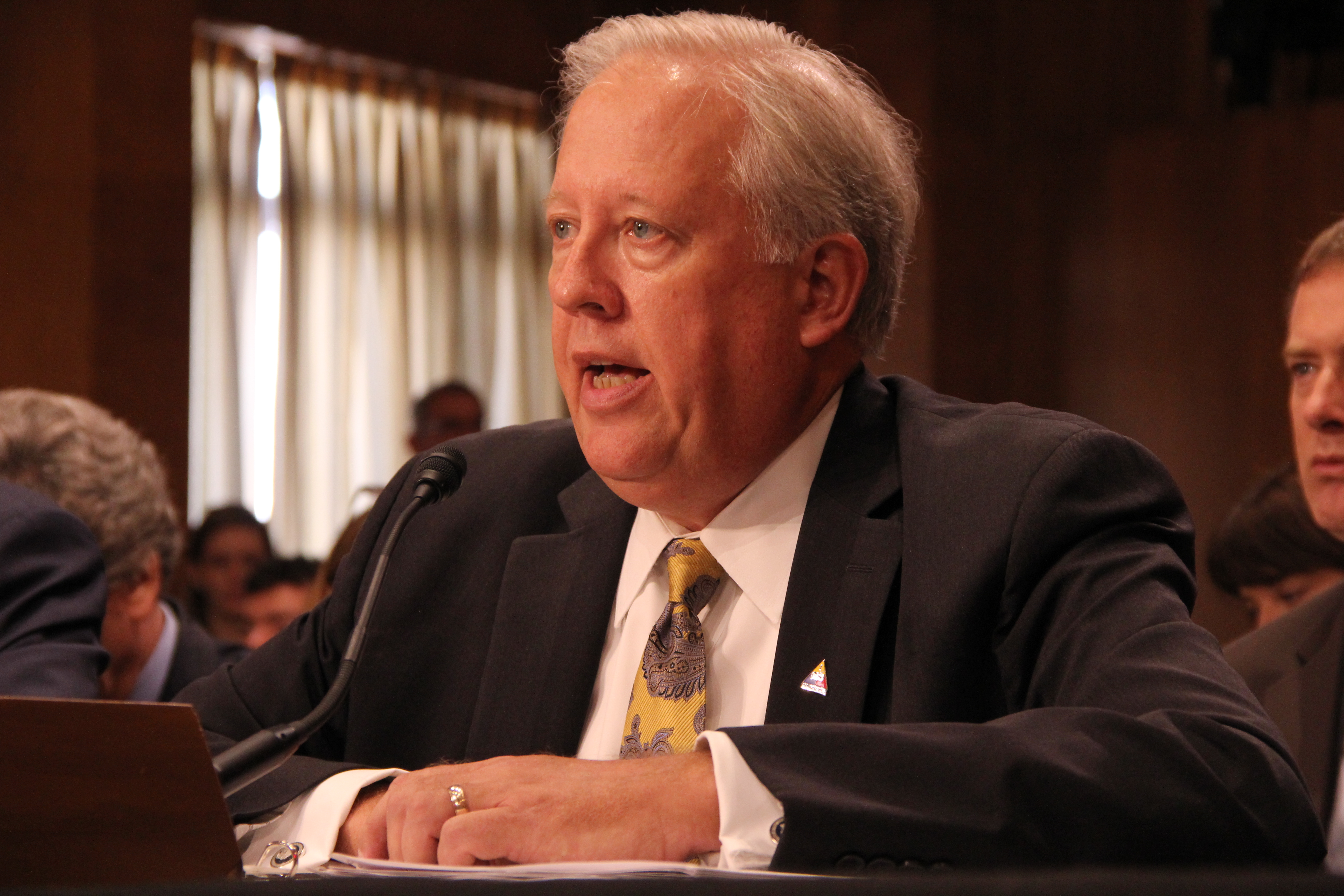WASHINGTON – Members of the Senate Foreign Relations Committee Thursday grilled Obama administration officials on whether they have a plan to improve conditions in Central America to stem the flood of children from those countries illegally crossing into the United States.
The president has requested $3.7 billion from Congress to better address the flood of migrant children crossing the U.S.-Mexico border from Honduras, Guatemala and El Salvador. The U.S. Border Patrol said it has taken more than 57,000 unaccompanied minors into custody in fiscal 2014, an increase of 106 percent from the previous year.
Under U.S. law, children from Mexico and Canada caught at the border can be deported after a simple interview. But Central Americans must be given a court hearing, creating a backlog of immigrants.
State Department counselor Thomas Shannon and Justice Department Deputy Assistant Attorney General Bruce Swartz noted the migration crisis, which began in 2011, is due largely to Central America’s violence caused by gangs and drug cartels.
Senators said the administration needs to have a strategy to reduce the violence so children won’t want to flee.
“If we’re going to spend $3.7 billion, and you clearly have made the case that these funds are needed, we would like to be able to at least start down the path of the United States using its international development assistance to keep children safe in these three countries,” said Sen. Cardin, D-Md.
“Quite frankly, I haven’t seen that from the administration.”
Shannon and Swartz were each hesitant to give specific answers at certain points. When Sen. Corker, R-Tenn., asked approximately how many child migrants need asylum protection, Swartz was reluctant to give a number, but Shannon estimated 58 percent require sanctuary.
Shannon couldn’t say with certainty how far the $300 million included in the $3.7 billion for State Department and international program use would go toward protecting children in the Central American countries.
Swartz, on the other hand, was more sure of the funds’ potential usefulness.
“It doesn’t necessarily take that much money. What it takes is sustained commitment. It won’t happen overnight, but we’ve seen the ability to change criminal justice systems in a way that help protect children, in particular, but more generally to change the way a society addresses criminal justice,” Swartz said.
“We think that it can be an important step. It’s just a down payment. It’s not going to happen overnight.”
A spokeswoman said the committee would issue a statement Friday about the funding proposal.

